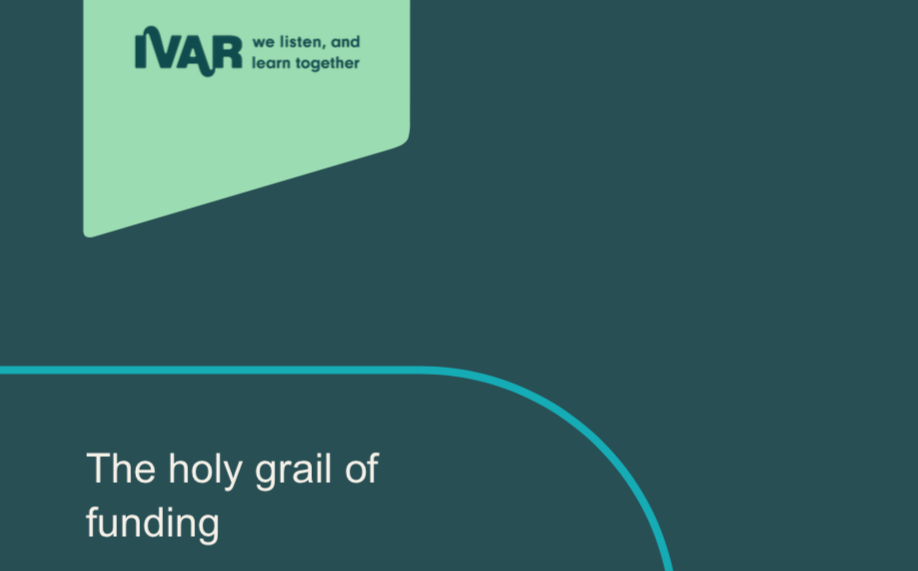Marked increase in percentage of young people interested in trusteeship

Young people are more willing to become charity trustees today than five years ago, with 40% of those asked in a recent survey saying they would consider it.
Back in 2019 – the last time this research took place – it was 24%. Awareness of what a trustee is has also risen since 2019 when one in 10 were able to explain what a trustee was in relation to a charity. This has risen to almost three quarters (71%) of respondents this year. In addition, young people’s support for charities has grown: only 15% said they didn’t support any charities in this most recent survey, compared to 43% in 2019.
The survey, from Ecclesiastical with Young Trustees Movement, questioned 545 18-24 year olds (Gen Z) to understand their perceptions of charity trustees. Key reasons for considering becoming a trustee were to give back to a charity they support (45%), to help with their personal development (43%), to improve their sense of wellbeing (37%), and to add value to a trustee board (34%).
Advertisement
Among the 26% who said they wouldn’t consider becoming a trustee, the main reasons given were time constraints (21%), a lack of interest (19%), fears around pressure and legal responsibilities (19%) and too much work (18%).
Improving accessibility
Respondents also highlighted how charities could encourage them to become a trustee. Most common was financial incentive (22%). This was followed by training, confidence in knowing they would be adding value, time off from work, if it supported career ambitions, and if younger people were encouraged to get involved, all of which ranked equally at 19%.
Trusteeship could also be made more accessible. Respondents ranked in order of importance what charities could do here, with reassurance that they don’t require any specialist knowledge or experience to be a trustee the highest priority at 75%. The opportunity to shadow current trustees was also important, as well as having someone to talk to in order to overcome any barriers that may crop up, and receiving training.
In addition, in 2023, Ecclesiastical’s Charity Risk Barometer found just half of charities were actively looking to recruit trustees from more diverse backgrounds, with three in five (58%) believing their board was made up of trustees from a diverse enough range of social and ethnic backgrounds.
Commenting on the findings, Mita Desai, Chief Executive of Young Trustees Movement, said:
“It’s no secret what needs to be done to include young people in governance—and this data makes it crystal clear. The positive change we’ve seen over the last five years is down to people in the charity sector taking action. These actions don’t have to be big; they can start small and there are three simple steps we’d encourage charities to take.
“Firstly, making it clear that intergenerational perspectives aren’t just a ‘nice to have’—they’re essential to good governance. Secondly, rethinking recruitment. Young people often tell us that trustee packs exclude them with requirements like ‘demonstrable experience in X,’ while charity boards continue to struggle to recruit any trustees, let alone attract young people. Finally, to provide support to encourage young trustees to stay once they’ve joined. We know that when charities invest in training and support, everyone benefits.
“There are countless more opportunities yet to discover, and we look forward to working with partners in the sector to explore what’s possible. The important thing is to keep moving forward.”






